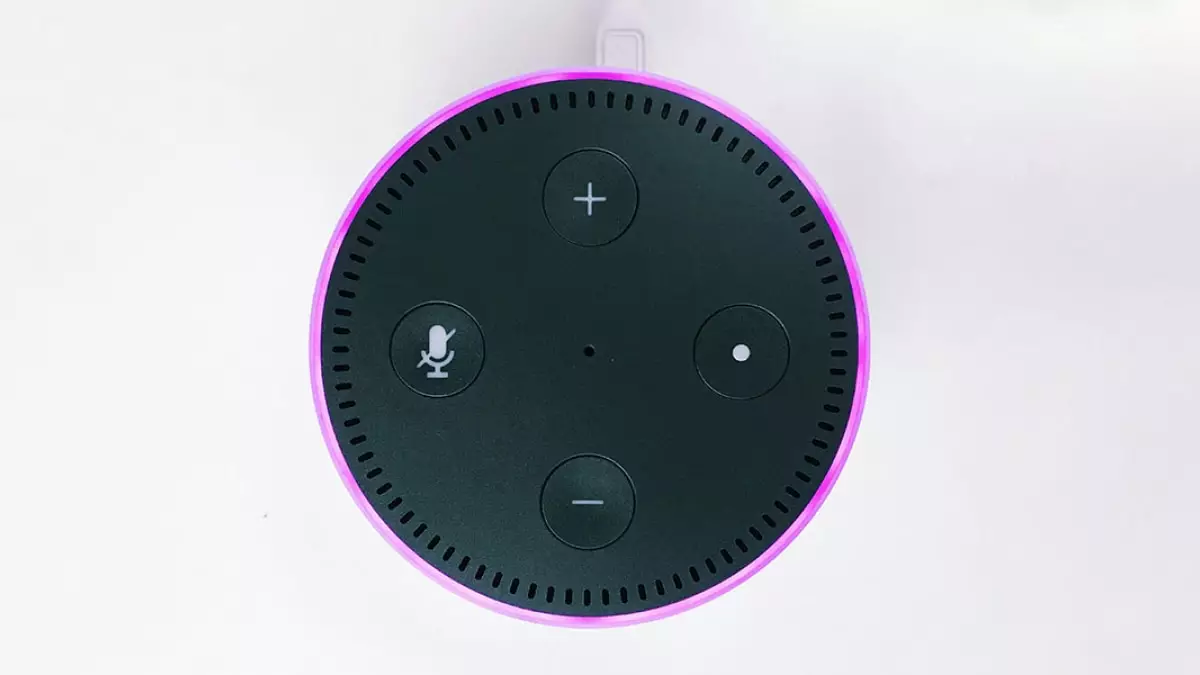Despite the advancements in connectivity brought forth by technology, loneliness is an increasingly prevalent issue, especially among older adults. Ironically, while we are more connected than ever through digital means, many individuals experience profound feelings of isolation. The World Health Organization (WHO) highlights that loneliness impacts up to a third of adults across various regions, including the Americas, Europe, and China. This distressing reality has prompted researchers to explore unconventional solutions to this pressing problem.
Recent research has begun investigating the potential of digital voice assistants like Amazon’s Alexa and Google Assistant in alleviating loneliness among older adults. According to Elena Castro, a Health Psychology and Technology Researcher at the Universitat Oberta de Catalunya, these tools may offer significant support in mitigating feelings of isolation that adversely affect both physical and mental health. The premise is simple yet powerful: can a virtual companion help fill the void created by social disconnection?
While the initial findings are encouraging—indicating that these technology-driven tools might aid in providing companionship—researchers urge caution. Castro emphasizes that voice assistants currently struggle to deliver the adaptive and emotionally rich conversations that human interactions naturally provide. This limitation must be a critical consideration as we evaluate the efficacy of these devices in genuinely addressing loneliness.
Despite showing promise, the integration of voice assistants into the daily lives of seniors is not without its complications. Castro’s analysis of 13 research papers found that while a significant 85% indicated positive outcomes, the diversity of studies and methodologies warrants a tempered interpretation of these results. There is also a pressing concern regarding privacy; voice assistants are designed to be perpetually attentive, constantly listening for user commands. This design raises alarms about inadvertent data collection and security vulnerabilities, deeming it vital to educate users about data management.
Moreover, experts caution against the potential for overreliance on such technology. While the convenience of voice assistants can enhance daily activities—like medication reminders or social engagement prompts—there is a fear that excessive dependence may lead to decreased face-to-face interactions, which are crucial for mental well-being.
Looking forward, the role of digital voice assistants in elderly care may expand beyond mere companionship; they could become a cornerstone of public health initiatives targeting loneliness. Castro envisions these technologies evolving to support various aspects of life for seniors, including reminders for health-related activities and facilitating virtual social connections. As these devices become more integrated into our lives, it is essential to strike a balance—leveraging their benefits while ensuring that they do not replace essential human connections.
While digital voice assistants hold promise as a tool to mitigate loneliness among seniors, a comprehensive understanding of their limitations, benefits, and privacy concerns is imperative. As technology develops, careful attention must be paid to the ways it can best serve the emotional and social needs of older adults, ultimately fostering a more connected and compassionate society.


Leave a Reply